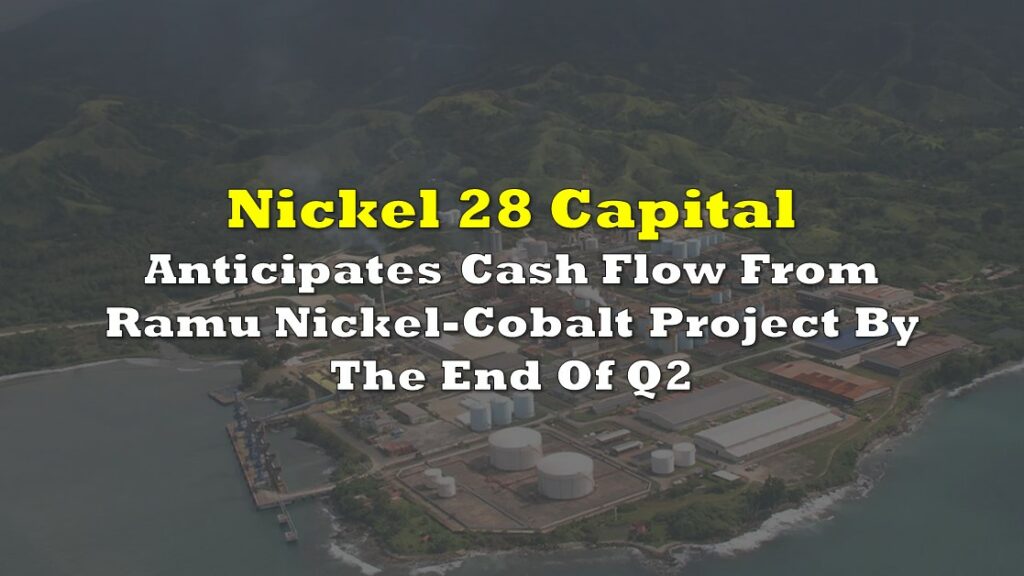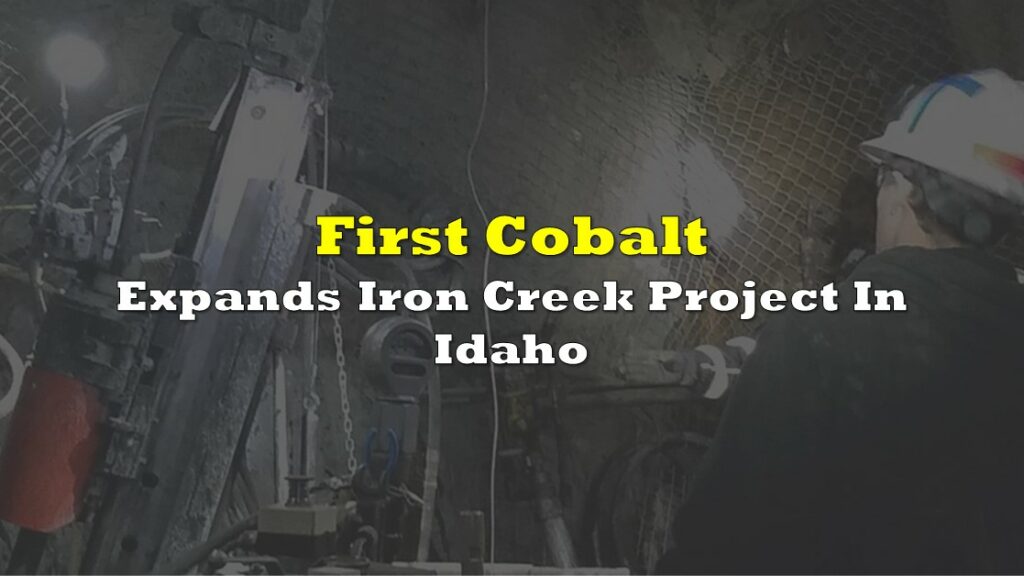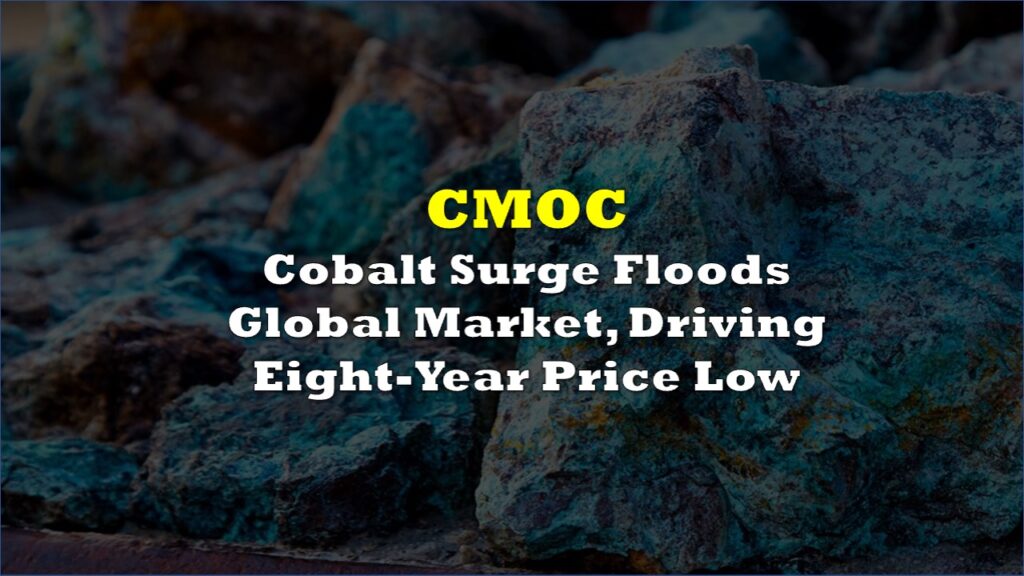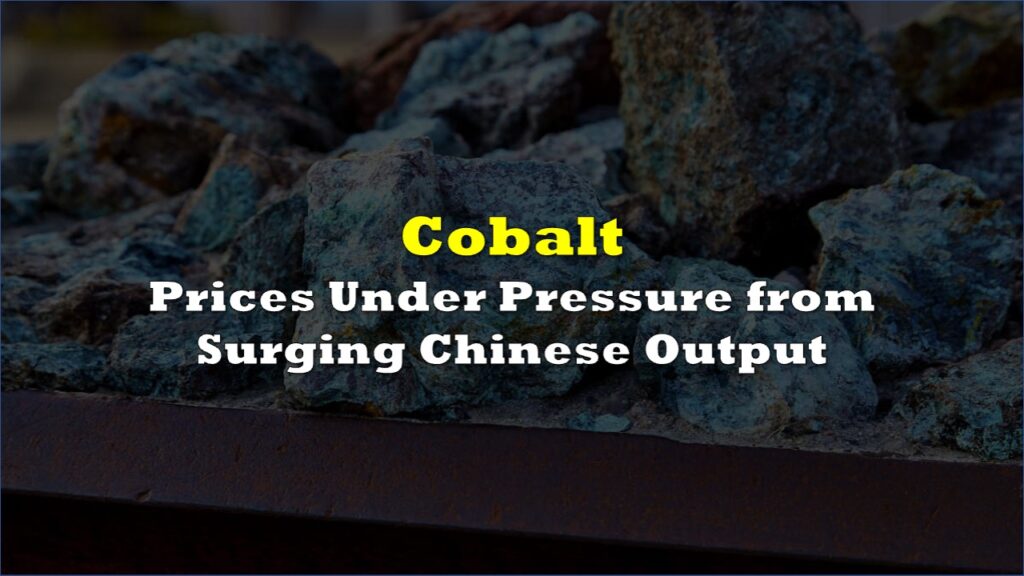The Democratic Republic of Congo suspended all cobalt exports for four months on Saturday, taking drastic action to stabilize plummeting prices in a market flooded by Chinese production.
The export ban, affecting the source of three-quarters of the world’s cobalt for electric vehicle batteries, took effect as prices fell below $10 a pound – a level not seen for more than two decades except for a brief period in 2015.
“Exports must be aligned with world demand,” Patrick Luabeya, president of Congo’s strategic minerals regulator ARECOMS, told Bloomberg, adding that the government had been monitoring market conditions for a year before acting.
China’s CMOC Group dramatically increased production at its Congolese mines, with its output now triple that of Switzerland’s Glencore. CMOC overtook Glencore in 2023 to become the world’s dominant cobalt producer, now accounting for over 40% of global supply and causing a significant market imbalance.
Related: China Has Quietly Spent $57 Billion to Control the World’s Critical Minerals
The export suspension applies to all producers “unilaterally and without exception,” but copper exports can continue unaffected, according to Luabeya — Congo mines produce cobalt primarily as a byproduct of copper operations.
Congolese officials cite “excessive supply” from both legal industrial miners and illegal operations as posing “a serious threat to the country and its domestic and international investors.” The government plans to review the ban in three months.
Analysts had predicted a cobalt surplus would persist until 2030, a forecast made before this intervention. The market faces additional pressure as some electric vehicle manufacturers shift to battery chemistries that don’t require the metal.
Chinese firms control roughly two-thirds of global cobalt mine supply, while China accounts for approximately 60% of demand, according to specialist trading house Darton Commodities.
Congo’s regulator indicated it is preparing additional measures to balance the market, encourage domestic processing of minerals, and create “a transparent and fair pricing mechanism.” Export quotas, previously suggested by President Felix Tshisekedi, remain under consideration.
Information for this story was found via Bloomberg, and the sources and companies mentioned. The author has no securities or affiliations related to the organizations discussed. Not a recommendation to buy or sell. Always do additional research and consult a professional before purchasing a security. The author holds no licenses.









